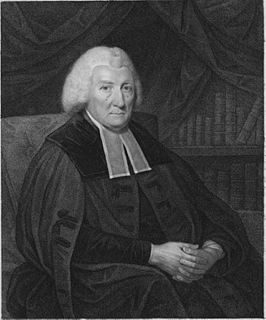A Quote by Pliny the Elder
The graceful tear that streams for others' Man is the weeping animal born to govern all the rest.
Related Quotes
A man met a lad weeping. "What do you weep for?" he asked. "I am weeping for my sins," said the lad. "You must have little to do," said the man. The next day, they met again. Once more the lad was weeping. "Why do you weep now?" asked the man. "I am weeping because I have nothing to eat," said the lad. "I thought it would come to that," said the man.
The predominant teachings of this age are that there are no limits to man's capacity to govern others and that, therefore, no limitations ought to be imposed upon government. The older faith, born of long ages of suffering under man's dominion over man, was that the exercise of unlimited power by men with limited minds and self-regarding prejudices is soon oppressive, reactionary, and corrupt. The older faith taught that the very condition of progress was the limitation of power to the capacity and the virtue of rulers.
Compassion is an emotion of which we ought never to be ashamed. Graceful, particularly in youth, is the tear of sympathy, and the heart that melts at the tale of woe. We should not permit ease and indulgence to contract our affections, and wrap us up in a selfish enjoyment; but we should accustom ourselves to think of the distresses of human, life, of the solitary cottage; the dying parent, and the weeping orphan. Nor ought we ever to sport with pain and distress in any of our amusements, or treat even the meanest insect with wanton cruelty.
There are some who lack confidence in the integrity and capacity of the people to govern themselves. To all who entertain such fears I will most respectfully say that I entertain none. If man is not capable, and is not to be trusted with the government of himself, is he to be trusted with the government of others? Who, then, will govern? The answer must be, Man - for we have no angels in the shape of men, as yet, who are willing to take charge of our political affairs.
We are all born idolaters, and idolatry is good, because it is in the nature of man. Who can get beyond it? Only the perfect man, the God-man. The rest are all idolaters. So long as we see this universe before us, with its forms and shapes, we are all idolaters. This is a gigantic symbol we are worshipping. He who says he is the body is a born idolater.



































